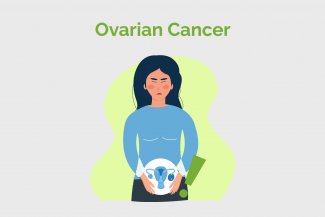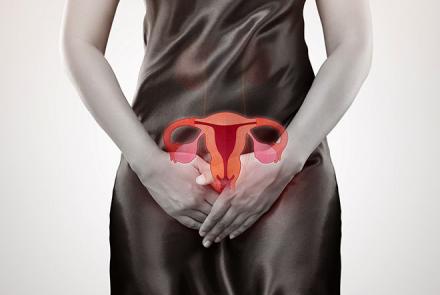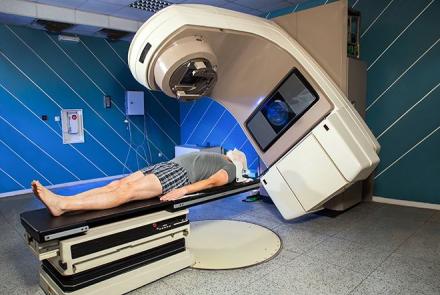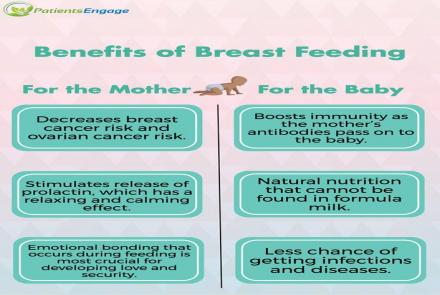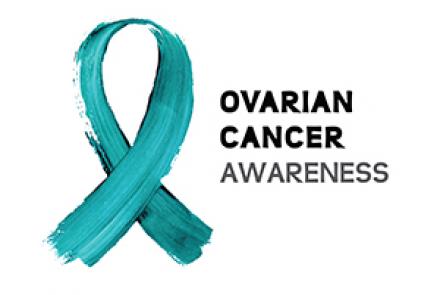Ovarian cancer is cancer that develops in one or both the ovaries. It can then spread to other parts of the body.
The annual incidence of ovarian cancer globally is 204,000. It has a high fatality rate as more than 70% are diagnosed at an advanced stage.

Apart from the medical options for treatment of Ovarian Cancer, it is also recommended that lifestyle changes be made to strengthen your immune system and manage your health:
Diet
Patients who consume more fruits, vegetables and whole grains strengthen their immune system, which helps to fight against disease.
Include the following cancer-fighting foods in your diet:
- Vegetables like broccoli, cauliflower and dark leafy vegetables
- Organic fruits, which are least exposed to pesticides and are capable of fighting against cancer cells, like blueberries, grapes, strawberries, olives and grapefruit
- Nuts like almonds, cashews, pecans, macadamia nuts and walnuts help to suppress growth of cancer cells
- Wild salmon, which has anti-inflammatory properties
- During chemotherapy, patient may experience loss of appetite, change in taste and even constipation. Therefore to prevent calorie-loss, the patient should consume calorie-dense, high-protein foods, like homemade chicken or egg salad, drinks like orange juice and lemonade. To help with constipation, the patient is advised to eat foods with lots of fibre, like whole grains and beans, and drink plenty of liquids.
- Radiation therapy and chemotherapy can cause nausea and sometimes diarrhoea. To fight off nausea, eat foods like crackers, toast, pretzels, dry cereal, plain or vanilla yoghurt, cold hard-boiled eggs, plain noodles and ginger. Many of these same foods can be helpful with diarrhoea. The patient should drink plenty of fluids to prevent dehydration.
Exercise
- Exercise keeps patients fit, both physically and mentally, and improves quality of life. A Canadian study on ovarian cancer survivors found that physical activity of at least 1 hour of strenuous exercise or 2.5 hours of moderate exercise per week led to a significantly better quality of life.
- Regular exercise also lowers the risk of developing ovarian cancer. Take up any exercise you enjoy. You can also try yoga, which helps in managing pain and stress reduction.
Know your support team: who can help you stay healthy and manage Ovarian Cancer
- Oncologist
- Surgeon
- Radiation oncologist
- Dietitian
- Counsellor or mental health practitioner
Changed
31/Jan/2016
Community
Condition

